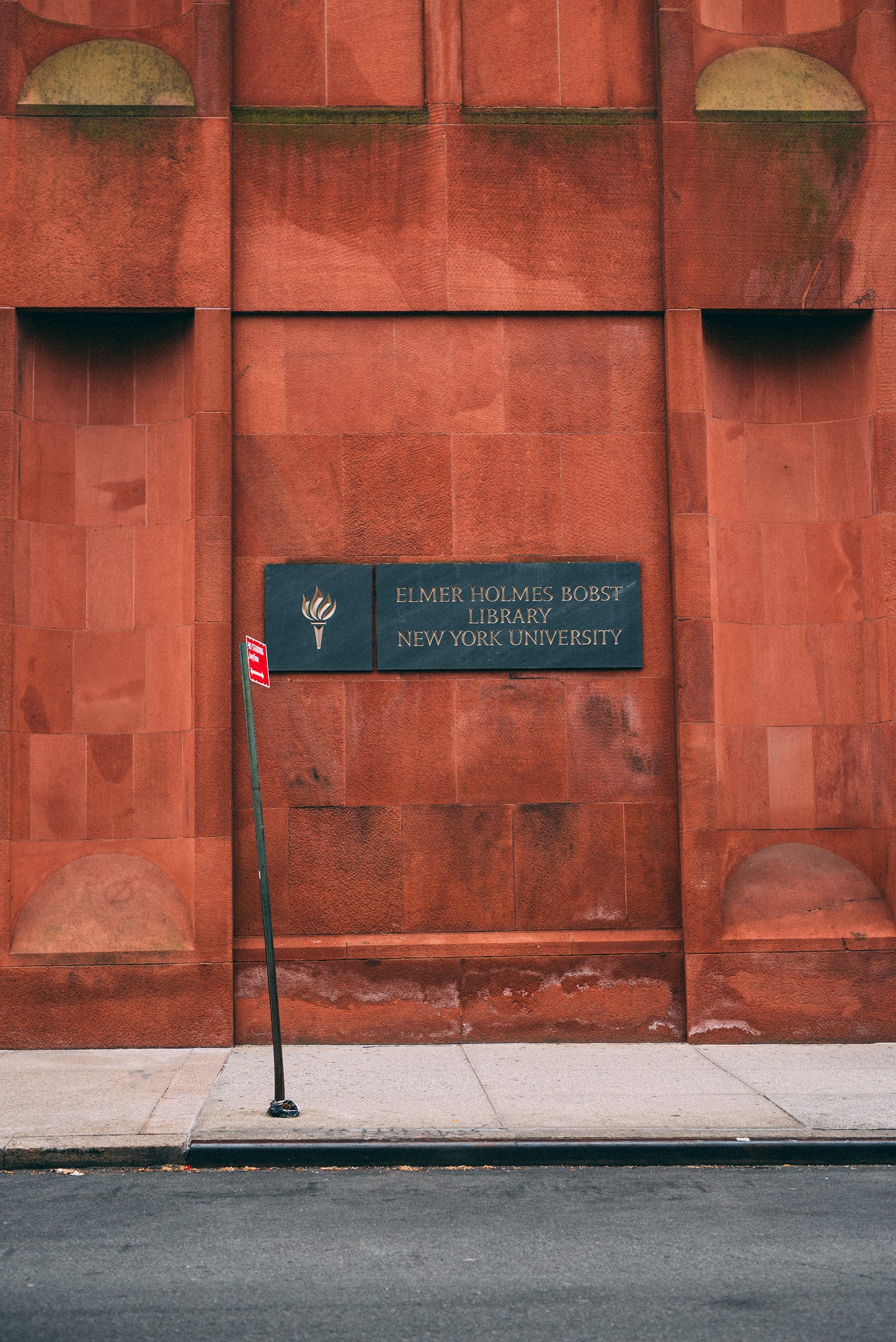I first saw the show “Elementary” in October 2018 completely by chance. I hadn’t heard of it and it just popped up on my Netflix so I randomly started watching. It is based on Sir Arthur Conan Doyle’s books about Sherlock Holmes, who’s played by Johnny Lee Miller and Lucy Liu is Dr. “Joan” Watson. The name of the show is from the famous line, “elementary my dear Watson” so there you have it. Before starting it, I had no idea what it was even about 💀. I rewatched all 7 seasons in early 2023 and now again this May. It isn’t often I rewatch entire series, “Downton Abbey” being the one exception (I have watched all seasons probably 13 times, maybe more).
One thing this extremely well-written show does is spoil many other detective shows for you, especially American ones (sorry) that are high on spectacle and effect but leave glaring holes in the story and case evidence. Even though Holmes’ detective abilities are assuredly exaggerated, they’re done so well that you can easily believe that one man is capable of so much. Probably my biggest reason for finding the show comforting is Holmes’ personality - his nerdiness, dedication and misanthropy, all I find appealing because it is comforting to see somebody hyperfixated on the life of the mind with zero qualms. He doesn’t care what other people think about him and definitely doesn’t have time for self-doubt. His absolutely assured self-knowledge, knowing what he wants and going after it single-mindedly, is inspiring.
This ability to dedicate himself to an intellectually fulfilling life is greatly aided by his physical surroundings - his home. From the first time I watched this show, one of my favorite parts was Sherlock’s house. This version of the story, since I forgot to mention it earlier, is set in New York, and Sherlock lives in a brownstone owned by his billionaire father, the formidable, and frankly scary Morland Holmes, (the casting is excellent by the way). The show doesn’t gloss over the implications that wealth has on his circumstances, but neither does it make them the sole focus of the show: Sherlock is allowed to live in this house as long as he works on his drug addiction recovery and remains sober so the tension between security and homelessness is always there.
The structure of the house is phenomenal: there are I think 5 floors. The kitchen is in the lower ground floor (the entrance to the house and thus the ground floor are reached by climbing several steps from the street so it is higher than street-level). We see mostly Watson cooking and eating, because Sherlock takes pride in getting by on little sleep and believes that food is only fuel. I love the fact that Watson rolls her eyes at statements like this and pokes gentle fun at his grandiose statements. The ground floor is the library and then there’s a floor for the media room, where they keep their computer and tv equipment. And Watson’s room is on the top floor. The 5th and last is the most interesting floor and it only comes up in the 4th or 5th season when Watson needs her own space. We then see the basement, which has a separate entrance from the back too and has floor to ceiling bookcases and what look like the most comfortable couches.
It is an unadulterated pleasure watching the detectives working in their home. The fact that this space aids their work is never left in doubt: it is a sanctuary from the outside world, allowing them to experiment, and be themselves. The last is especially true for Sherlock who is of course misunderstood and odd to almost everyone who knows and works with him. The show doesn’t gloss over the effects his behavior has on his neighbors: one episode shows the reaction that noise from random scientific experiments, his pet roosters and his bees have on the poor man living next door. Watson, ever more considerate than Sherlock of those around her, finds a solution to this.
Their library is filled with books on scientific phenomena, history, monographs that Sherlock has written, books on bee-keeping and many other subjects. One of Sherlock’s “Irregulars” (experts he consults from time to time) is Ms. Hudson, a very cultured auto-didact who, at one point, repays a favor by rearranging his library. She organizes it by subject and then author. It was a pleasure to watch their conversation about Sherlock’s books. Similarly, books are referred to throughout the whole show, making it very much a living library, not just background. Sherlock trains Watson in his methods by giving her various books to read on subjects like smells, cigarette ash, chemical reactions of various acids etc. and keeps a check on her progress. So, reading and education provide a crucial structure to the show.
I had rewatched 5 seasons of the show when I happened to visit New York in April this year. Suddenly, the real estate fantasy of the show had a real setting for me. New York is one of the most expensive cities in the world, and when you’re visiting and see hotel prices, food prices etc. you realize just how expensive. I lived in London for a year but having a dorm room in the center of the city underwritten by your college protects you from the ordinary realities of an expensive city. But I digress, as usual.
My social media algorithm shows me lots of videos of influencers living in New York, glamorizing the city and their lives there. This is offset by memes about the impending ban on TikTok in the US with quotes like: “If they ban TikTok New York is going to be empty because all the influencers will go back to Ohio”, giving you a glimpse at social media’s contribution to skyrocketing rents. Many of these influencers live in single bedrooms in a shared apartment, spending most of their time out and about, filming in the city (I had the dubious privilege of watching one such individual filming a dance at a crossroads in Manhattan, waiting for the lights to turn red and then sashaying across the road sans music - a very interesting sight, to say the least). The subway costs $2.90, after a price hike that has people foaming at the mouth. However, the National Guard has been deployed to keep the peace at subway stations because men are randomly, without reason, punching women in the head there. Even if that were not the case, a walkable city and a well-connected subway system don’t wholly make up for soaring rents and $12 lattes (twice the price in most cities in the country), to name just two things on the wide spectrum of expenses that chew rapidly through your paycheck.
In a reality such as this one, heavily abbreviated for the purpose of this piece, Sherlock’s house is nothing short of a mansion. It is a wonderful fantasy, a much bigger one than Carrie Bradshaw’s tiny apartment filled with shoes. The uneasy reality of a “morally neutral” (Sherlock’s words) billionaire for a father is present throughout, a reality that Sherlock is never comfortable with, choosing to live as frugally as possible as far as his personal habits are concerned.
In May, while walking near Washington Square Park, I passed by the Elmer Holmes Bobst Library, which is part of New York University, whose campus sprawls over that part of the city. In a stretch of fantasy, I could see it named after Morland Holmes, the billionaire who donates to worthy causes besides allowing his son to live in “his least valuable property” in the most expensive city in the world.







Enjoyed and savoured this piece like a little pastry. Can't find Elementary anywhere online so I'm leaning toward paying for it through Amazon.
Subhan Allah what a lovely few of words! I got carried away through your writing into Sherlock Holmes world. The end was an abrupt awakening to the real world. Please write more.